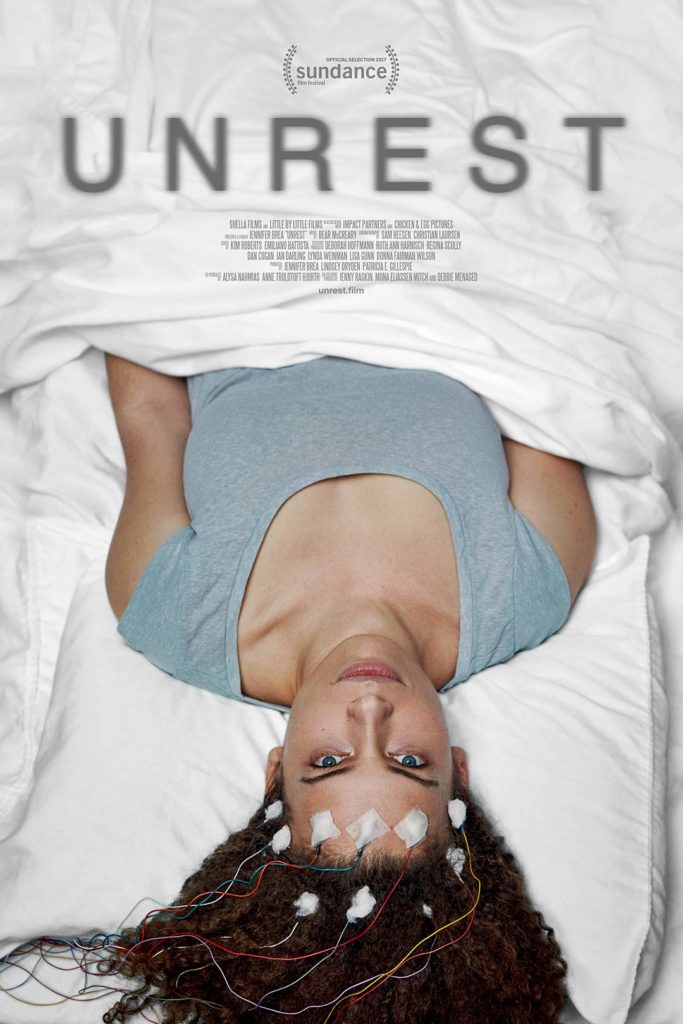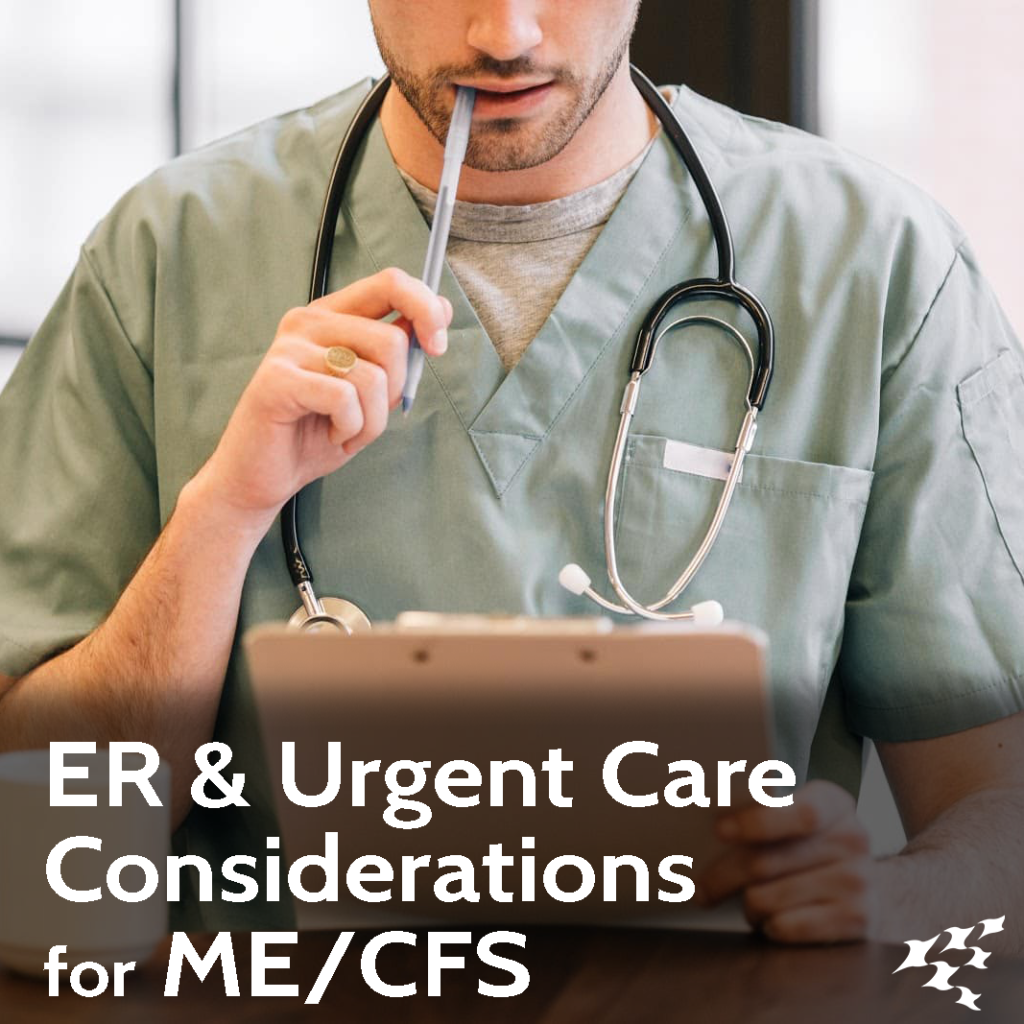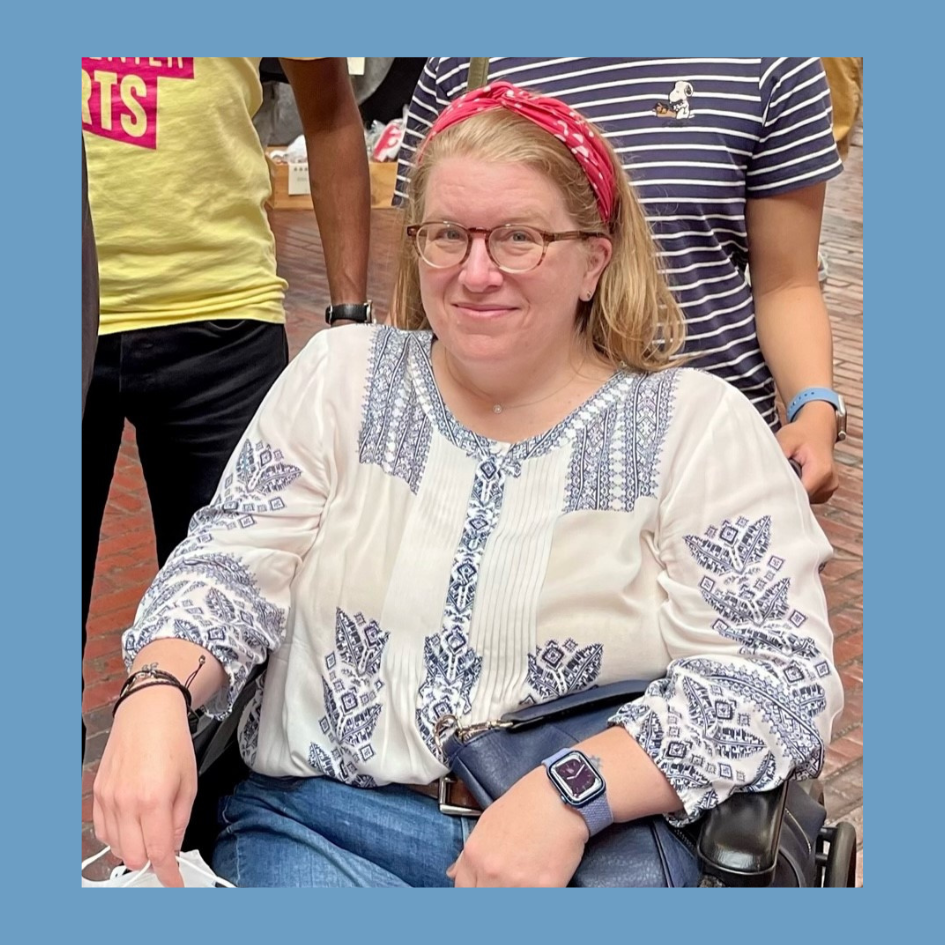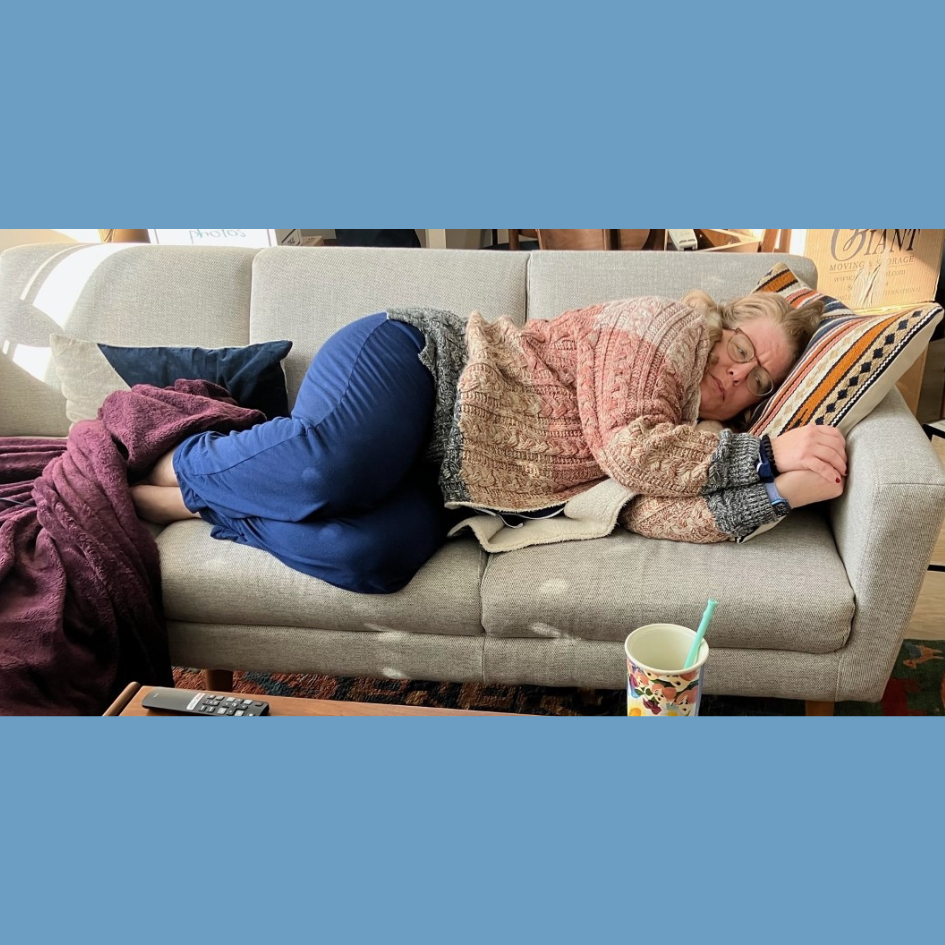
I was dizzy most of the time, even lying down. Taking a shower exhausted me for the rest of the day. My sleep patterns became erratic, averaging five hours of tossing and turning per night. I would wake up from a nap feeling just as bad if not worse than before. I was housebound for days and sometimes completely bedbound. A pattern of relapses and remissions continued for two and a half years. I missed a total of fourteen weeks of work and had to quit my job. I relapsed for the last time in 2021 and I haven’t been back to full health ever since.

Before getting sick, I had a job I loved. I worked on a project that had changed the face of higher education and access to knowledge. I am a librarian by training, and I managed copyright policy for online education at MIT. It was intellectually rigorous, but with my new brain fog I couldn’t remember what I’d done that day. I would attend meetings, give presentations, and travel to international conferences, but now I couldn’t walk to the bathroom alone. My last active day of employment was March 5, 2021.
There’s nothing a librarian likes more than researching a topic, so I took to the internet to see what I could find. A search for support groups for ME/CFS returned the Outreach page of the Bateman Horne Center. I signed up and attended my first support group meeting that week and it turned my whole outlook upside down. I saw people from around the world sharing their experiences with this awful illness I’d only just heard of. Some folks were sitting up in chairs at their kitchen tables or desks. Most were propped up by couch pillows or lying in bed. Some wore sunglasses. Others were in dark rooms. Many had their cameras off; some due to an aversion to screens, others for privacy. I saw reflected back at me the many presentations of ME/CFS. Whether they had been sick for decades or less than a year, the facilitators Meredith Mehner and Tahlia Ruschioni welcomed everyone with validation and loving kindness. There was a piece of everyone’s story that felt familiar to me. I managed to get a question answered during that first meeting and it convinced me that I was in the right place. That morning, I was the only person I knew who had ever even heard of ME/CFS. By the same evening, I knew one hundred people. I felt safe, affirmed, and — most importantly — believed.

Sitting in our virtual circle, attendees of the BHC support groups share our stories and witness each other’s lived experiences. Even if we don’t speak, each person’s condition is met with compassion and warmth. I recognize how privileged I am to belong to this community. I am lucky to have a doctor who will read anything I send him about ME/CFS. I have the support of a loving family and friends who don’t say unhelpful things like, “Oh, I’m tired too.” There is no “feeling better” for us, there are only days that are better or worse than others. There is no treatment or cure. There are millions of others suffering who remain unseen, unheard, and invisible to the world. They are gaslighted by their family, friends, employers, and doctors. Everyone at the Bateman Horne Center works tirelessly to extend the privilege of treatment and community as broadly and deeply as possible. Medical personnel receive continuing education in complex post-viral syndromes, including long COVID. Patients are treated for their symptoms. Afflicted people are welcomed into a group of fellow chronic illness warriors – a group to which none of us want to belong.
Lindsey Berents
Boston, Massachusetts

“Good Day”

“Bad Day”
Copyright © 2022. Some rights reserved. This work is licensed under a Creative Commons Attribution-ShareAlike 4.0 International License.
Everyone deserves INFORMED medical care.
That is why Bateman Horne Center is teaching medical professionals how
to diagnose and manage ME/CFS, fibromyalgia, and long COVID.
Support our vital work. Donate today.
 Lucinda Bateman, MD, is a renowned clinician, researcher, and educator. Her Johns Hopkins University Medical School training instilled an approach to care that she has employed throughout her career - the patient comes first and the unknown or unexplained does not equate to a lack of proper and compassionate care. Since starting her own practice in 2000, she has served on six boards or committees, been the principal investigator for 45 studies, authored/coauthored 40 journal articles, served as adjunct instructor and adjunct assistant professor in the University of Utah Departments of Preventative Medicine, Internal Medicine, and Anesthesiology, and lectured around the world.
Lucinda Bateman, MD, is a renowned clinician, researcher, and educator. Her Johns Hopkins University Medical School training instilled an approach to care that she has employed throughout her career - the patient comes first and the unknown or unexplained does not equate to a lack of proper and compassionate care. Since starting her own practice in 2000, she has served on six boards or committees, been the principal investigator for 45 studies, authored/coauthored 40 journal articles, served as adjunct instructor and adjunct assistant professor in the University of Utah Departments of Preventative Medicine, Internal Medicine, and Anesthesiology, and lectured around the world.